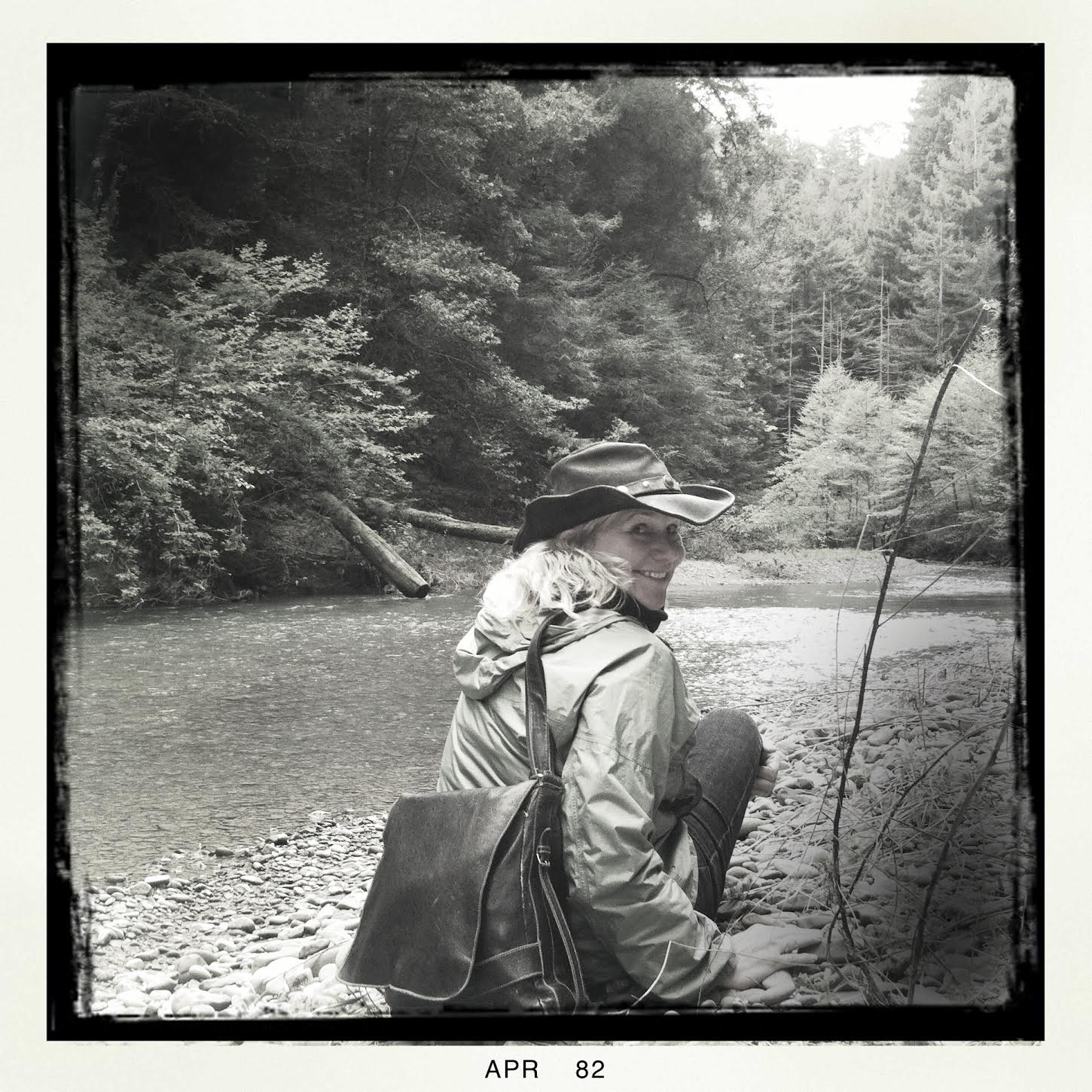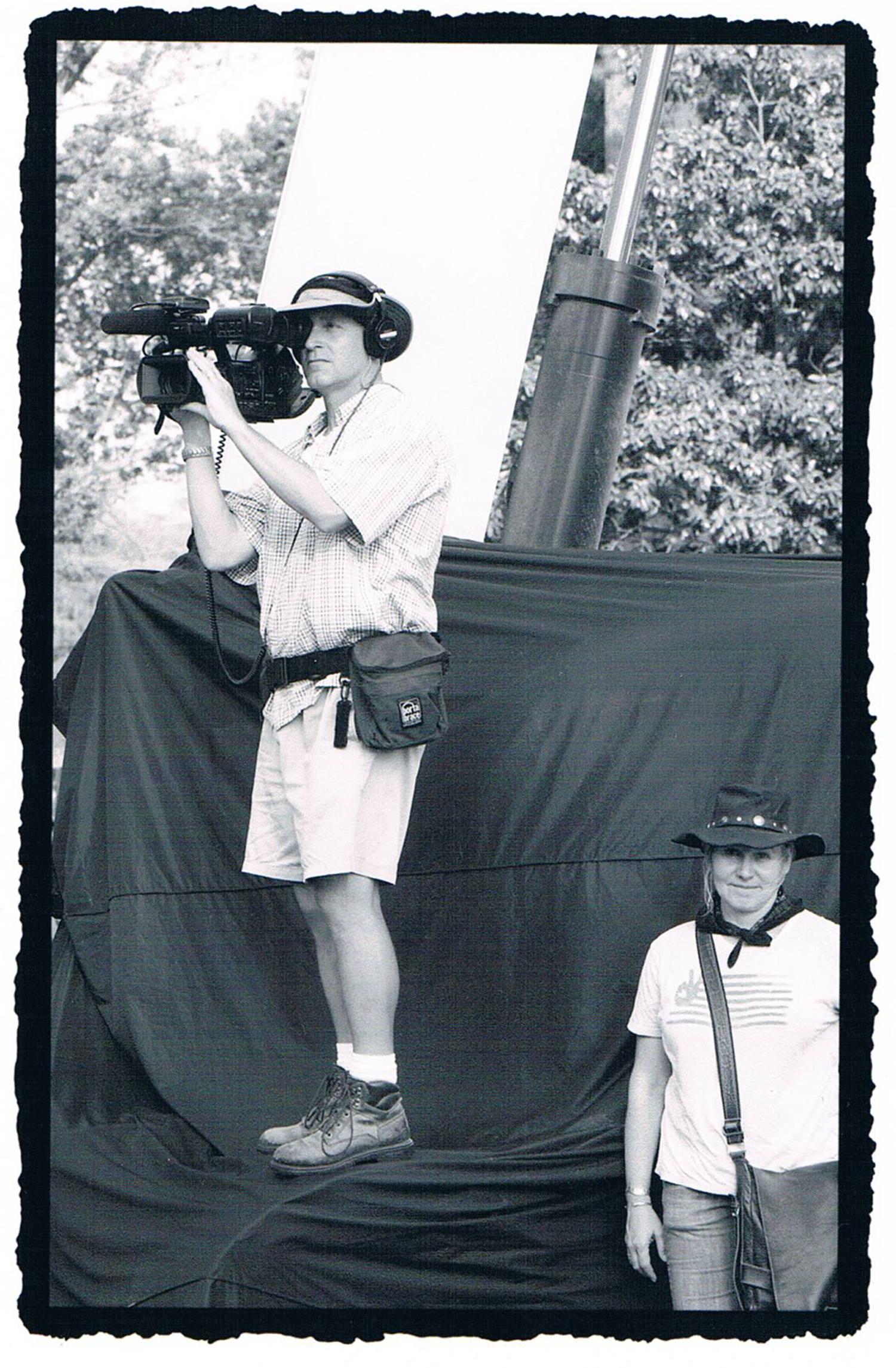
- Industry
They Call Me Cid: Cid Swank, the Unit Publicist Who Makes the Drama Disappear
‘My name is Cid Swank. It is a name people remember. I don’t mind if they think I am a guy, I think it’s funny if they do, but I want them to go, Cid Swank? That is a great unit publicist. No matter what – she delivered the goods – good skills, a well-written press kit. No drama.” She pauses. “My job is to navigate all the drama, and to keep that quiet.”
Cid knows a thing or two about drama. She was the unit publicist on Proof of Life and American Made (formally known as Mena) – both had crew members who died while shooting. Proof of Life was really horrific, she recalls: “We were in Ecuador. All the media wanted information but we couldn’t give it because you’re dealing with insurance, so you don’t give information that isn’t confirmed. I was constantly in the media, ‘Cid Swank won’t allow this or that.’ It took a toll on me.” The death and the fallout “It crushed my soul.” Then she had to deal with death again on American Made, Tom Cruise’s movie in Colombia last year where two people died. “It was horrible. It’s just the worst when somebody dies. I have to become detached because everyone around you is emotional. You are the spokesperson. You have to put on that face. But it was very traumatic.”
Cid has become the go-to person for difficult shoots in foreign countries. “There was this movie I was called in for because the unit publicist, who was a man, didn’t want to deal with the bribery of doing business in a particular Third World country.” You can almost hear her doing a mental shrug. “I love to travel, it’s one of my passions and why I do this job. I think sometimes there is a perception that men are better in Third World countries and I get frustrated with that. I grew up overseas. I am very sensitive to Third World country mentality or thought process, like Mozambique or Thailand. I grew up traveling to those places. They are my comfort zones. I would like to work more in international places.”
This false idea that women don’t want to travel is an issue that’s often used as as excuse for giving key jobs to guys in many fields. Are there any other analogies along gender lines in her business? She hesitates. “I love to work and would rather work than not, but my husband and I have this joke because sometimes when I get a job I will say to him, “It’s better than unemployment, because I am not being paid what I feel I am worth. I’ll talk to a guy who is a unit publicist and he tells me what he’s making, and then production managers say to me, “We can’t meet your price.” She pauses. “We are doing the exact same job, so it would be great to be paid as much as a man.”

Cid Swank on the set of Playing for Keeps
Dale Robinette
“Some line producers feel a unit publicist is an easy line item to eliminate, but I disagree.” Cid’s degree in English Literature is just one of the many skills she brings to the job. “For at least a month after the movie wraps I’m still at it. I coordinate all the still approvals so the publicists can look at them in a timely manner and then PR and marketing people can look at them for their campaigns. It’s a very intense part of the job because of today’s world with the Internet and the different needs. There’s international, website, Comic-Con, etc. Each blogger wants their own stuff. Advertising usually gets to have first pick. It’s my job to make sure they are looking at everything so they can start the campaign. I have to nudge a personal publicist to okay a shot, and I write the initial press kit. On set, the unit publicist is the person who works with all the different departments to coordinate everything. Time is money and I’m very good at time management.”
There is a perception that you can do this job through Twitter and Snapchat or Instagram, that all you need is to get a kid to put pictures on social media. But Netflix and other streaming platforms are going to need unit publicists too. Just because the movie isn’t going to show in a theater having a good unit publicist is still essential.
She’s also the person who has to deal with talent and run interference so everyone gets what they need. “You have to interpret personalities. I’m dealing with people, so I’m dealing with emotions, and it helps to insert a sense of humor.”
Her advice to women who want to follow in her footsteps?
“It is not a job for everyone. You’re either going to love it or hate it. Be prepared to work really hard for not a lot of money at the beginning. Work is not just showing up, you are on call and working even when you are not on the set. The movie overtakes my life. My family is used to it.”
After twenty-five years of being a unit publicist, “I really love my job.” She pauses then laughs, “I just wish I could get the boy’s rate.”